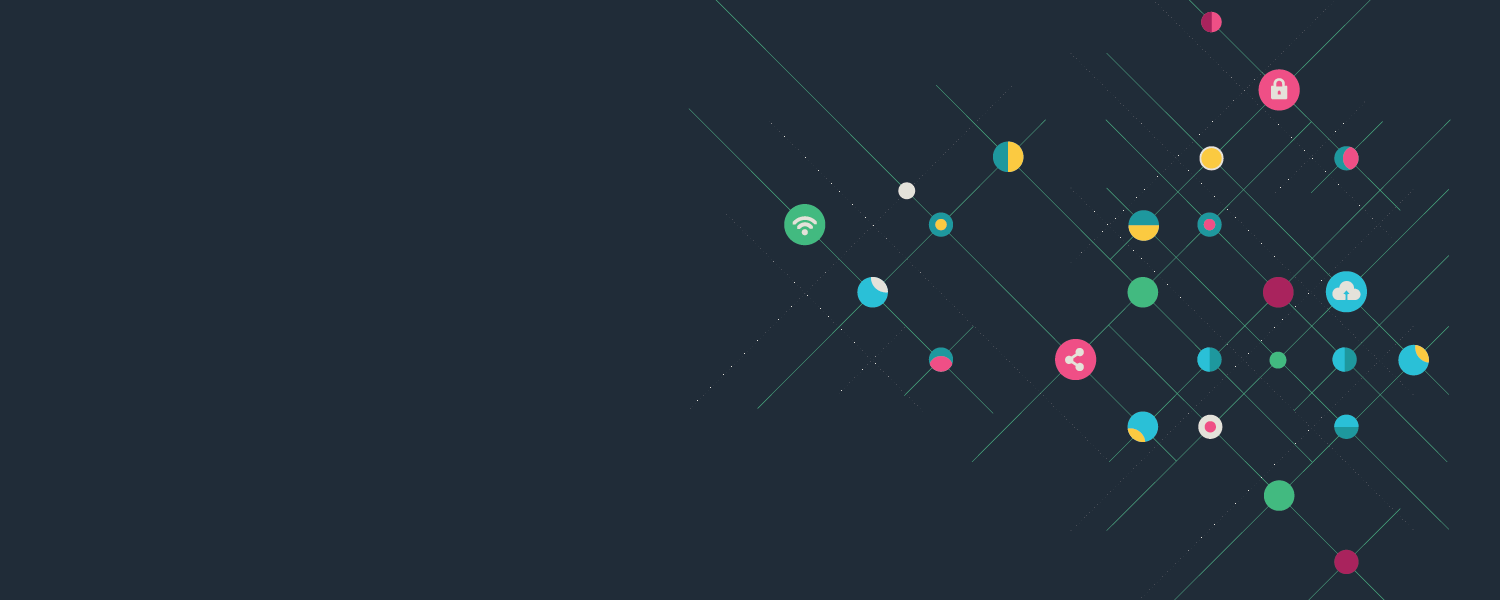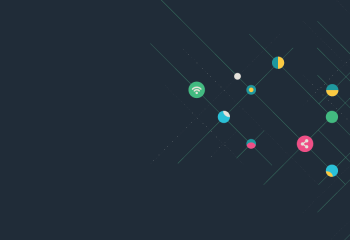
Brewster Kahle
Knowing what you know now about the internet and how your venture turned out, what do you wish you had done differently from the beginning?
We are in the third battle for the open internet, and it is a tough battle. I will use the term “open” to mean a game with many winners, in which new contenders can enter with new ideas and without having to secure permission. A lesson I have learned is that these battles are never won outright, but are reframed and refought, decade after decade.
The first battle was over the plumbing of the Internet, passing bits around. This battle was with the phone companies over the Advanced Research Projects Agency Network (ARPANET) to the National Science Foundation Network (NSFNET) to the commercial internet. If it were not for the active support of the US federal government, dedicated guidance by Vinton G. Cerf, Gordon Bell, and hundreds of others––see the Internet Hall of Fame from the Internet Society (ISOC)––and the breakup of AT&T in 1982, I doubt it would have happened. In the early 1990s there were 40,000 ISPs in the United States. There were conferences held on how to be interoperable, and open standards were nurtured by the Internet Engineering Task Force (IETF) that helped competitors stay compatible. But once again, battles are never won outright, but are reframed and refought––AT&T re-merged, there are very few Tier 1 ISPs, and there are now only one or two choices for home internet access for most Americans. While many of us have worked on rooftop-to-rooftop networks and nonprofit colocation centers, these have not yet caught on. A lesson I learned was that a relatively few dedicated people, with the support of the government, can create an open environment for breathtaking economic and cultural flowering.
The second battle was over the protocols and content distribution systems: think World Wide Web, electronic mail, Usenet versus AOL, CompuServe and LexisNexis. I will put my system, Wide Area Information Server (WAIS), in this mix as a search-based World Wide Web–like system. Also, the emergence and massive adoption of free and open-source software led by Richard Stallman and thousands of others was critical to building a decentralized system of programmers, companies and implementations of the open protocols being standardized by the IETF and World Wide Web Consortium (W3C). Having a mechanism to work together without all working in one company was critical, a point that is aptly discussed in “The Cathedral and the Bazaar” and “Protocols not Platforms.” Through this, I learned how hard it is to make protocols work as well as walled gardens, and that it requires many dedicated people who are willing to sit out the gold rush of venture capital, acquisitions and patents. Fortunately, there have been many, but we seem to be refighting the battle with the emergence of Facebook, Twitter, Slack and Skype replacing many of the decentralized systems. The decentralized web is a renewed effort toward open protocols and systems, and is why I have supported these systems.
This leads us to the third battle: the content layer. This is Creative Commons, open-access publishing and Controlled Digital Lending (CDL) versus content licensing restrictions, digital rights management technologies and consolidating publishing companies. Music, television and newspapers have largely adapted to the Internet after years of legal skirmishes. Large text publishing companies are now challenging the right to link to content by active lobbying efforts. Scholarly publishing, traditionally run by thousands of nonprofit associations, has now been consolidated into a few large commercial publishers that lobby legislatures, control regulators (often by “revolving door” hiring practices) and sue libraries. Government funding agencies have made some inroads in requiring open access, but these efforts are continuously challenged, often successfully. Even the concept of digital ownership is debated. This is the battle that Aaron Swartz fought, which led to his arrest and to his death. The lesson here is we will need dedicated government support, philanthropy and institutions in order to protect public access and libraries. Will we win this one? Many people are trying to.
And there are always new issues emerging to keep it interesting, such as large social media platforms, centralized hosting infrastructure––for example, Amazon Web Services (AWS)––closed mobile app stores and decentralized web technologies.
The battle for openness is never done, and it is led by those who see a bigger picture, see value in having many winners, and see how the public can benefit from productively working together. The biggest lesson, for me, is that by keeping the goal of openness in mind over a career, I believe we have made progress, and it is a fulfilling life.
Lessons From the First Internet Ages
What is the future of the internet? Thirty years after the creation of the first web page, what have we learned about the impact of the internet on communication, connection, and democracy? Join the Knight Foundation for Lessons from the First Internet Ages, a virtual symposium that will explore and evaluate what key figures in the development […]
